Top stories
Insights
Top stories
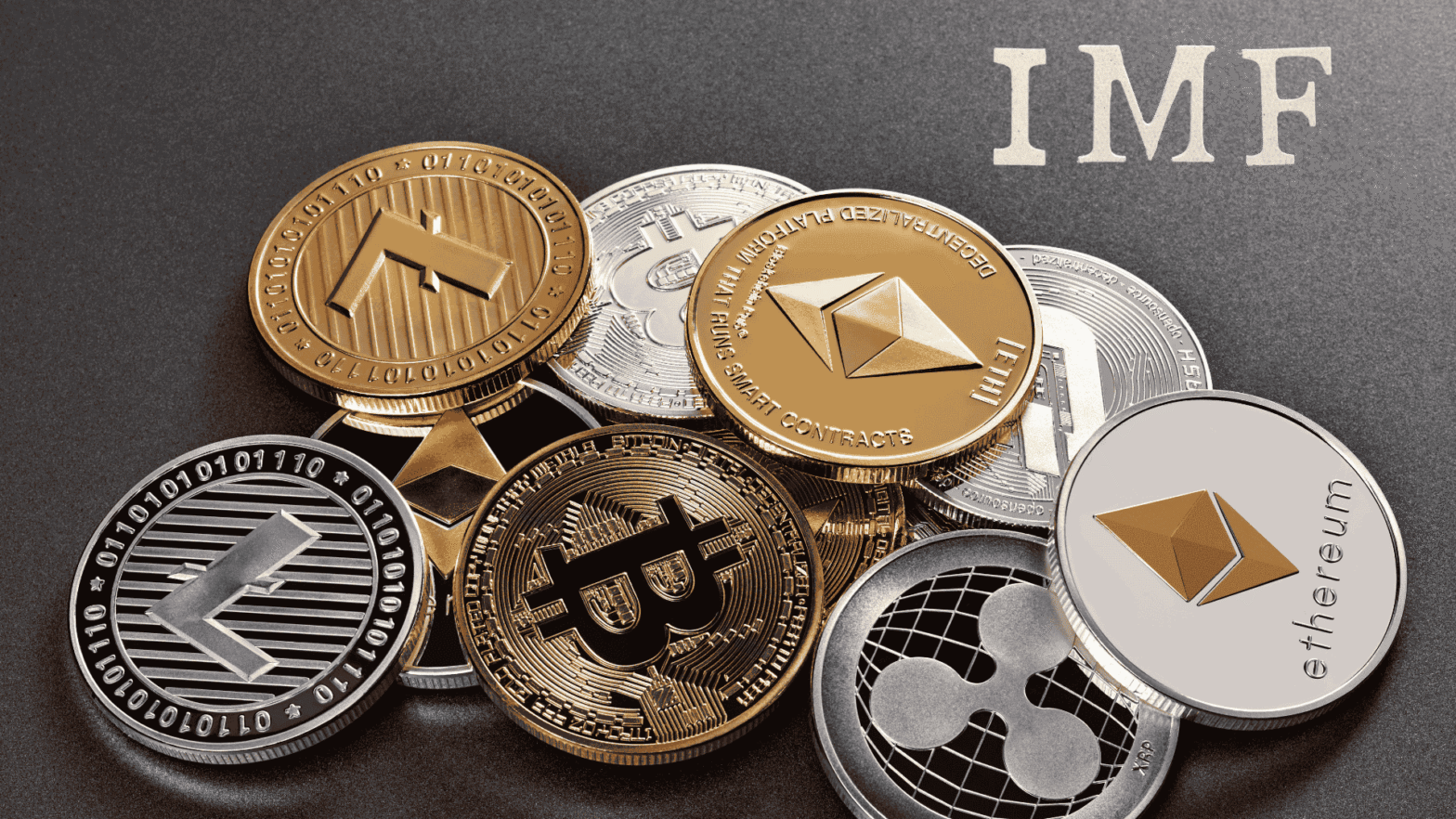
Soaring inflation and weak currencies push young Africans to crypto—but the IMF warns the rush could undercut monetary policy, fuel capital flight, and shake already fragile economies.
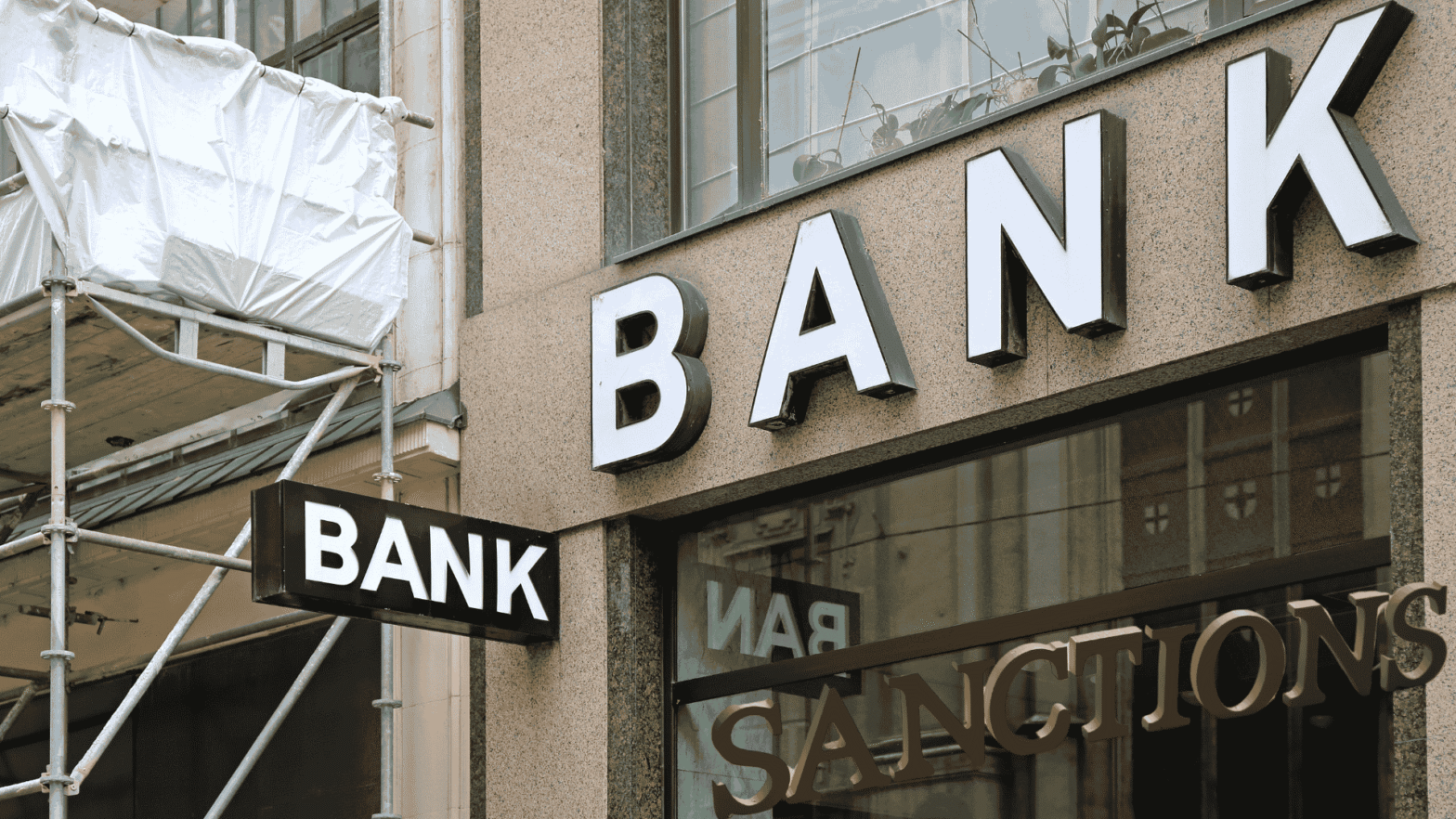
The latest figure shows a staggering rise of over 6,000% in penalties compared to last year. The seven banks racked up fines for a range of infractions, from breaches in the forex market to lapses in anti-money laundering regulations

POS agents have become essential to financial access in Nigeria, especially in rural areas. However, rising fees are placing a heavy burden on the very people they were meant to help.
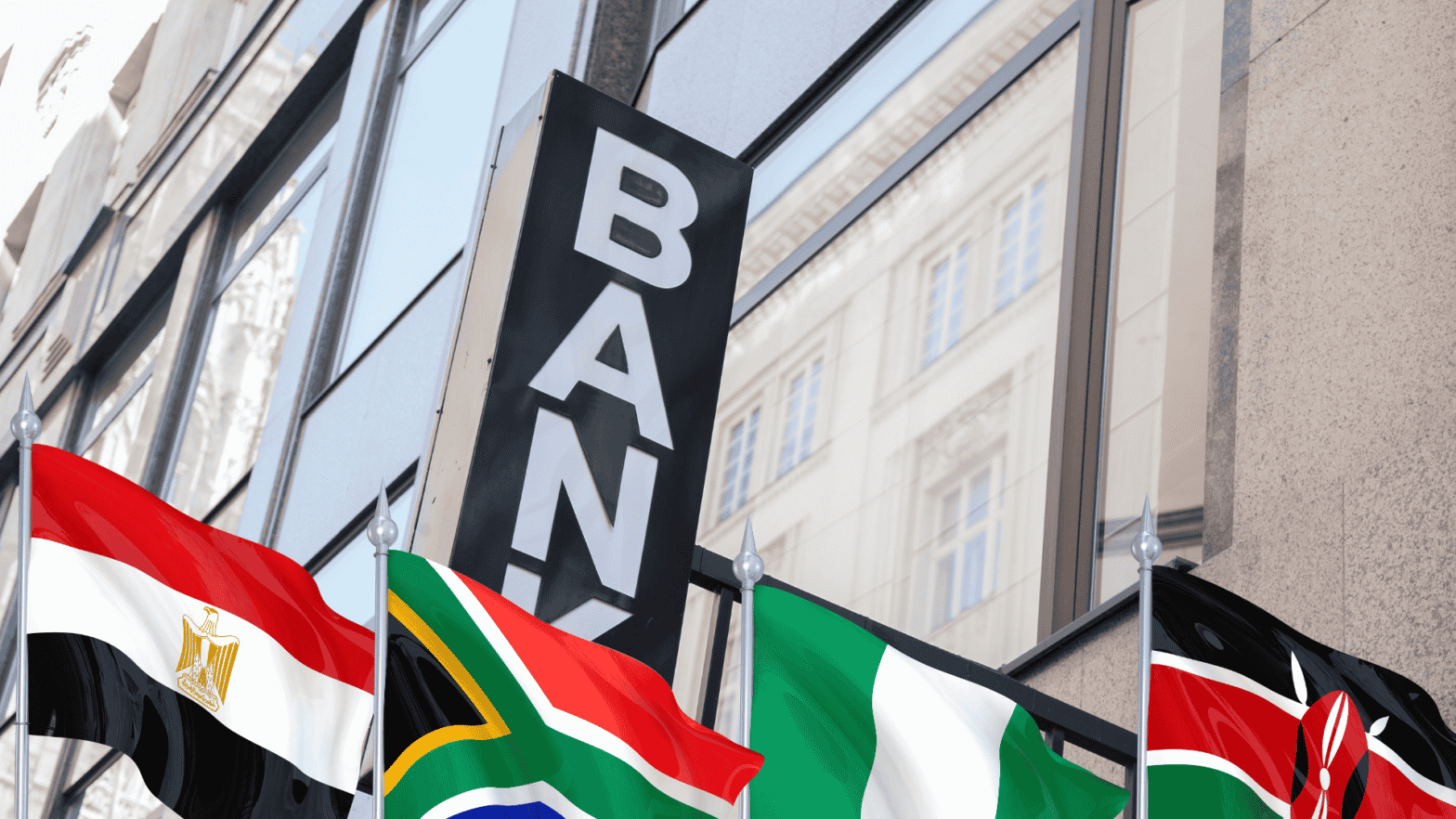
In an earlier report, we examined African banks with the highest profits, revealing that Nigerian banks were trailing their counterparts in Egypt and South Africa, despite a year of record-breaking profits for Nigerian lenders. This piece explores which country’s banks performed best in terms of Return on Equity (RoE), Return on Assets (RoA), and Return…

Faced with mounting regulatory levies, a steep rate spread, and the world’s highest cash reserve ratio, Nigerian banks are left with little choice but to shift some of the burden to customers — perpetuating a disturbing trend.
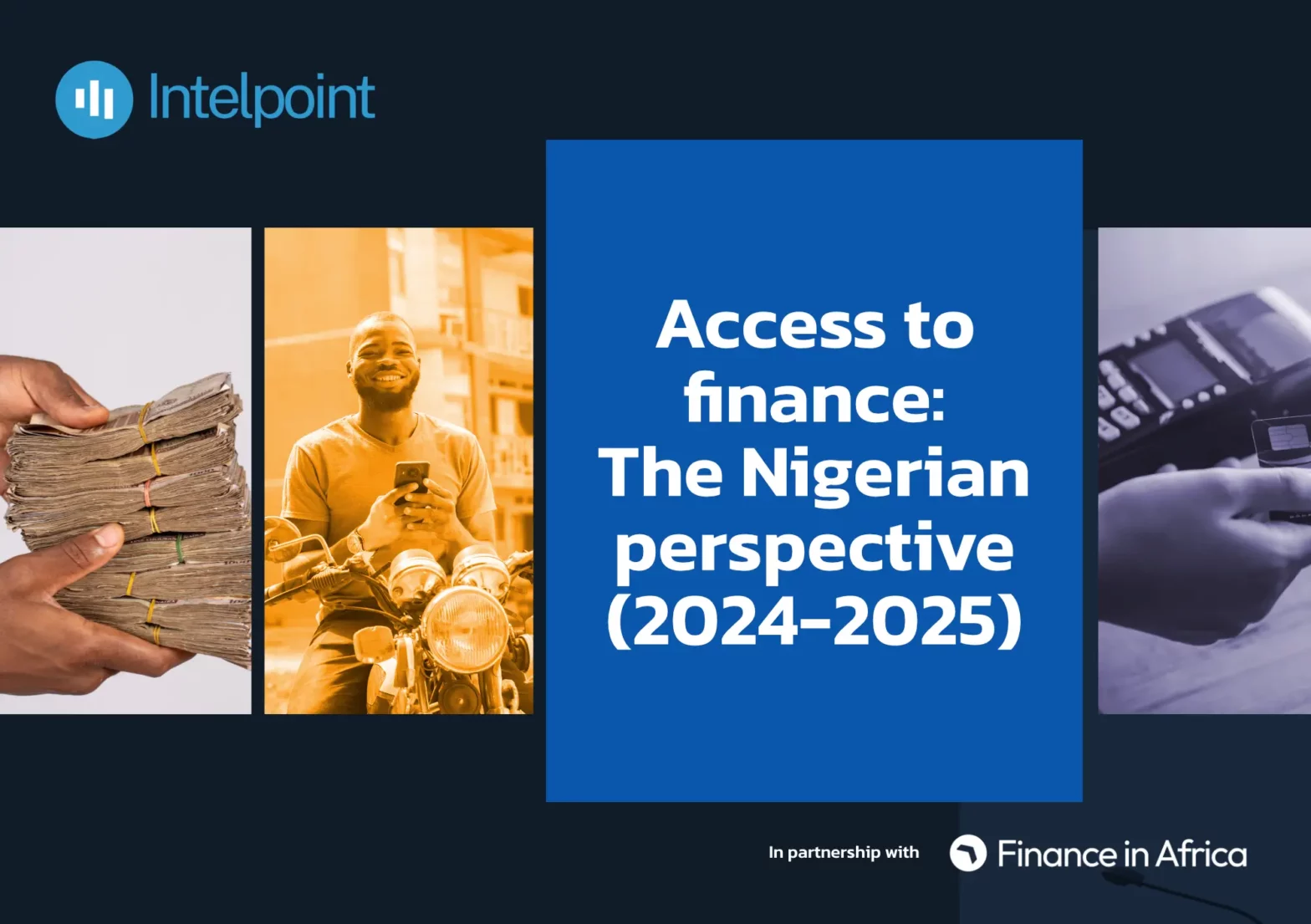
Access to finance is key to both individual and national economic growth. There are 64.9 million Bank Verification Numbers in Nigeria as of January 2025, from 44.5 million in 2021, a 45.8% increase in 3 years. The number of active bank accounts more than doubled in 3 years, from 133.5 million in 2021 to 311.5…
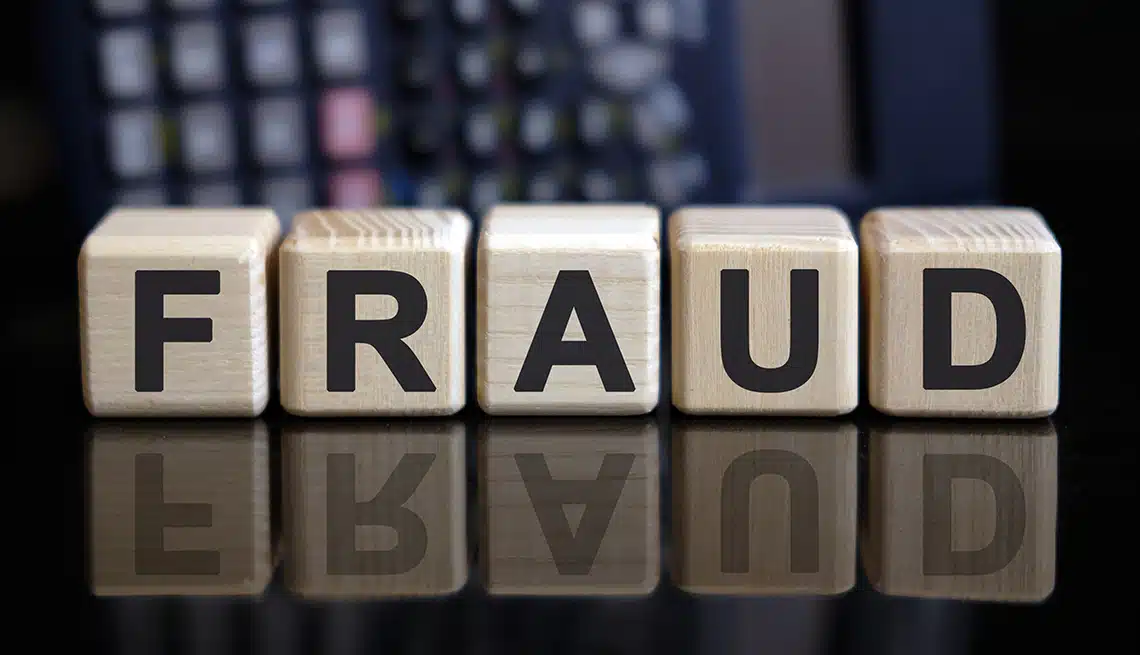
Last year, electronic payment transactions soared to a record $702.6 billion, crossing the quadrillion threshold in naira and surpassing the 2023 figure by a whopping 79.6%.
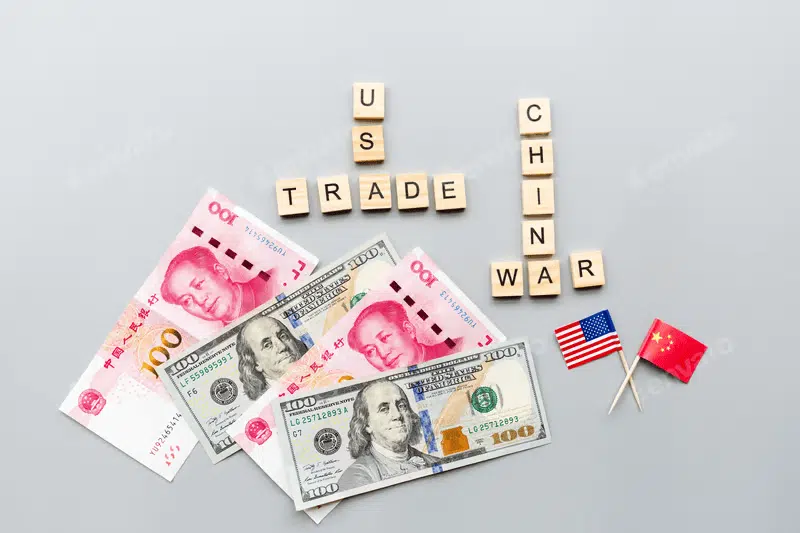
As the US-China trade war deepens, Africa finds itself caught in the crossfire—grappling with imported inflation, falling commodity prices, and rising debt risks. This piece unpacks the continent-wide implications of the unfolding tariff tensions.

As global oil prices tumble and the naira weakens, Nigeria’s inflationary pressures may last longer than hoped.

Africa tackles tax evasion in the ride-hailing sector with new policies, balancing growth, innovation, and fair contributions to the economy.
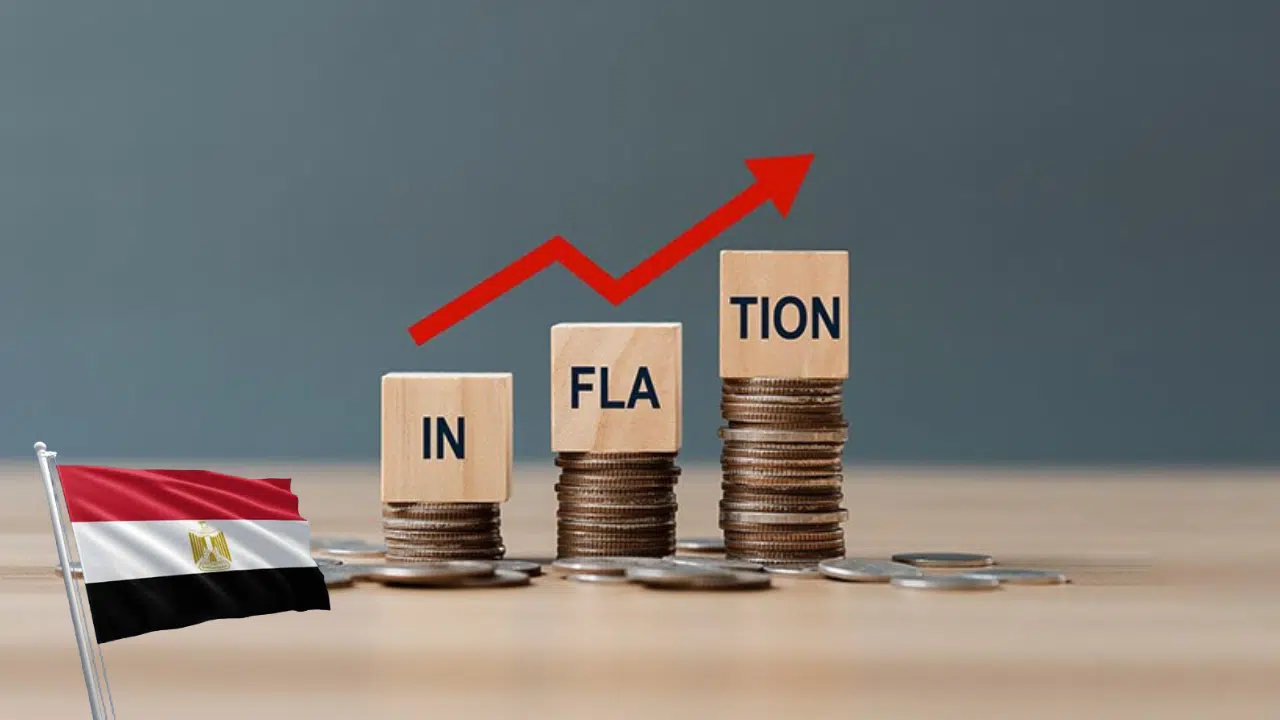
Trump’s new tariffs are threatening non-oil exports like cocoa and textiles, JP Morgan pulled its support for Nigeria’s carry trade, other stories this week

Non-oil exports from Africa to the U.S. have grown 241% since 2001. That growth is now in danger. Tariffs of 21% on cocoa and 54% on textiles could wipe out years of trade progress under AGOA.

South Africa’s planned VAT increase in 2025-2026 may affect businesses and consumers, with potential impacts on pricing, demand, and investment.
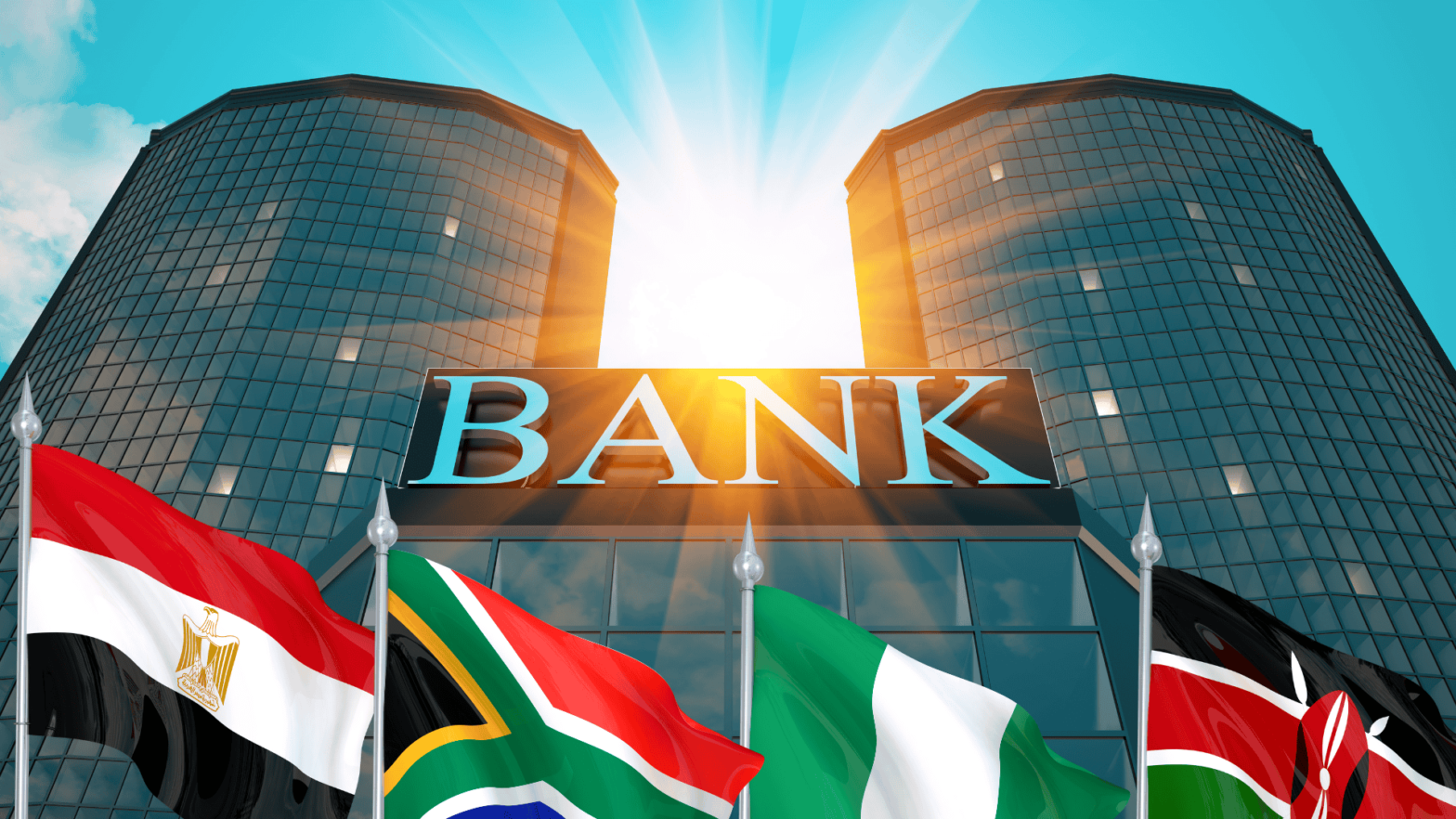
Despite Naira profits hitting record highs, no Nigerian bank made it into Africa’s top 5 by dollar earnings.
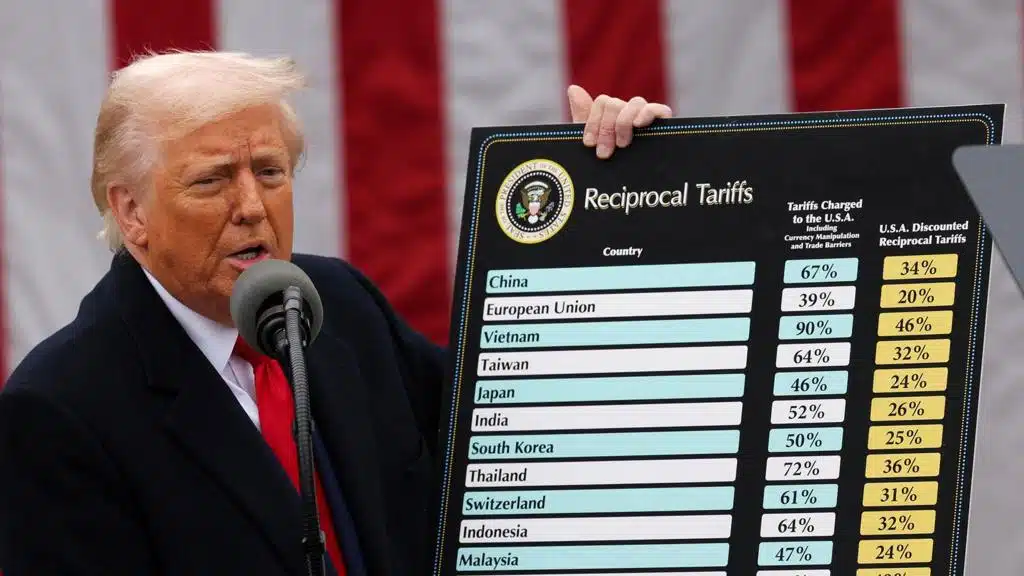
Withholding tax , Revolut’s South Africa landing, asset and Trump’s Africa tariff list—here’s what mattered last week on Finance in Africa

In this special report, we examine the top 10 African countries targeted by the Trump administration’s new “reciprocal tariffs” and compare the claimed rates to the actual WTO-verified tariffs — both simple and trade-weighted.

Revolut plans to enter South Africa, but regulatory, tax, and labour hurdles could complicate its digital banking expansion.
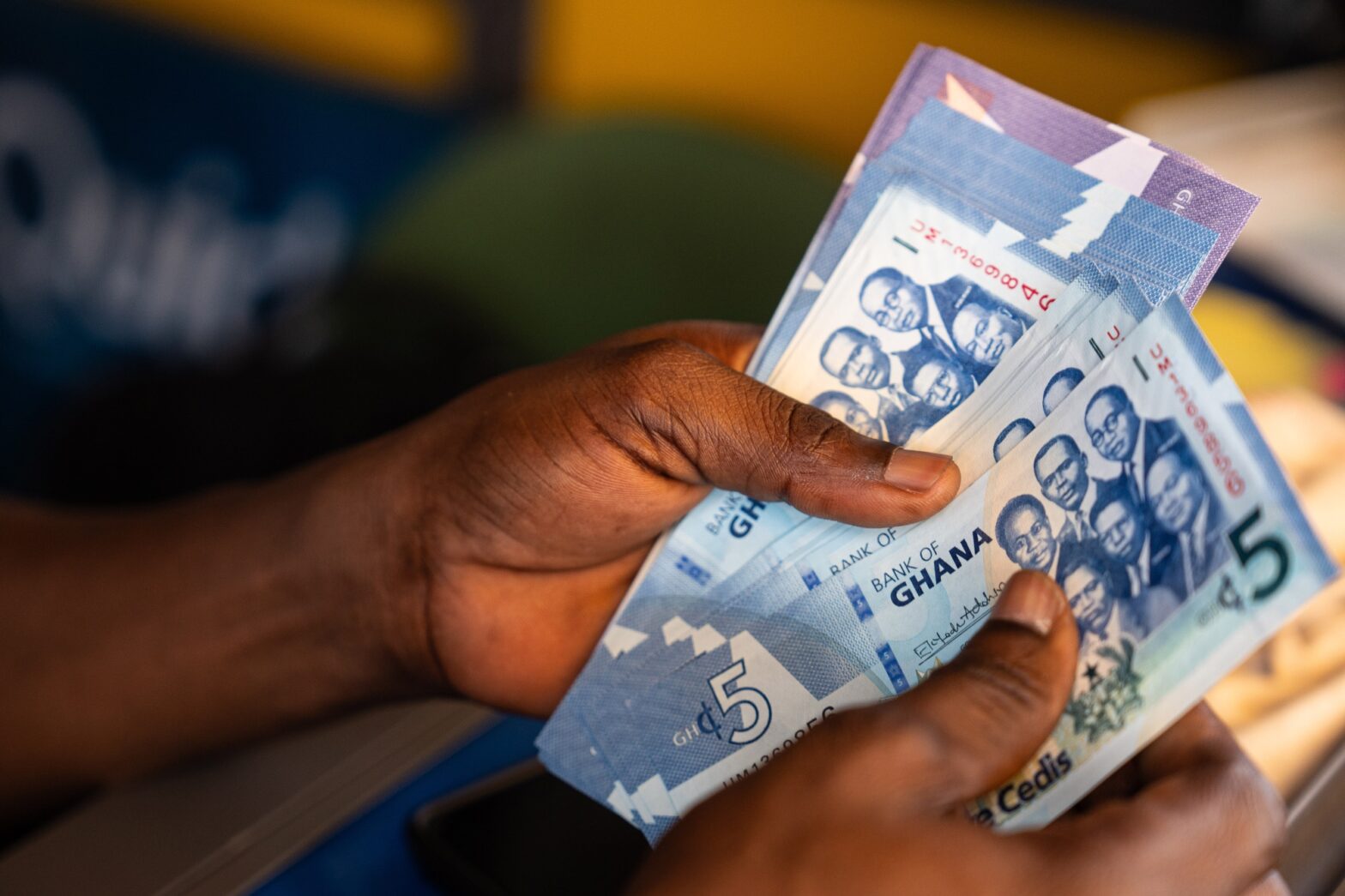
Bank profits, MoMo transfers, AGOA drama, and Nigeria’s new revenue system— catch up last week’s top African finance stories

TMRAS introduced by Nigeria’s OAGF has left Nigerians confused on the position of Remita. This article answers questions about the revenue system.
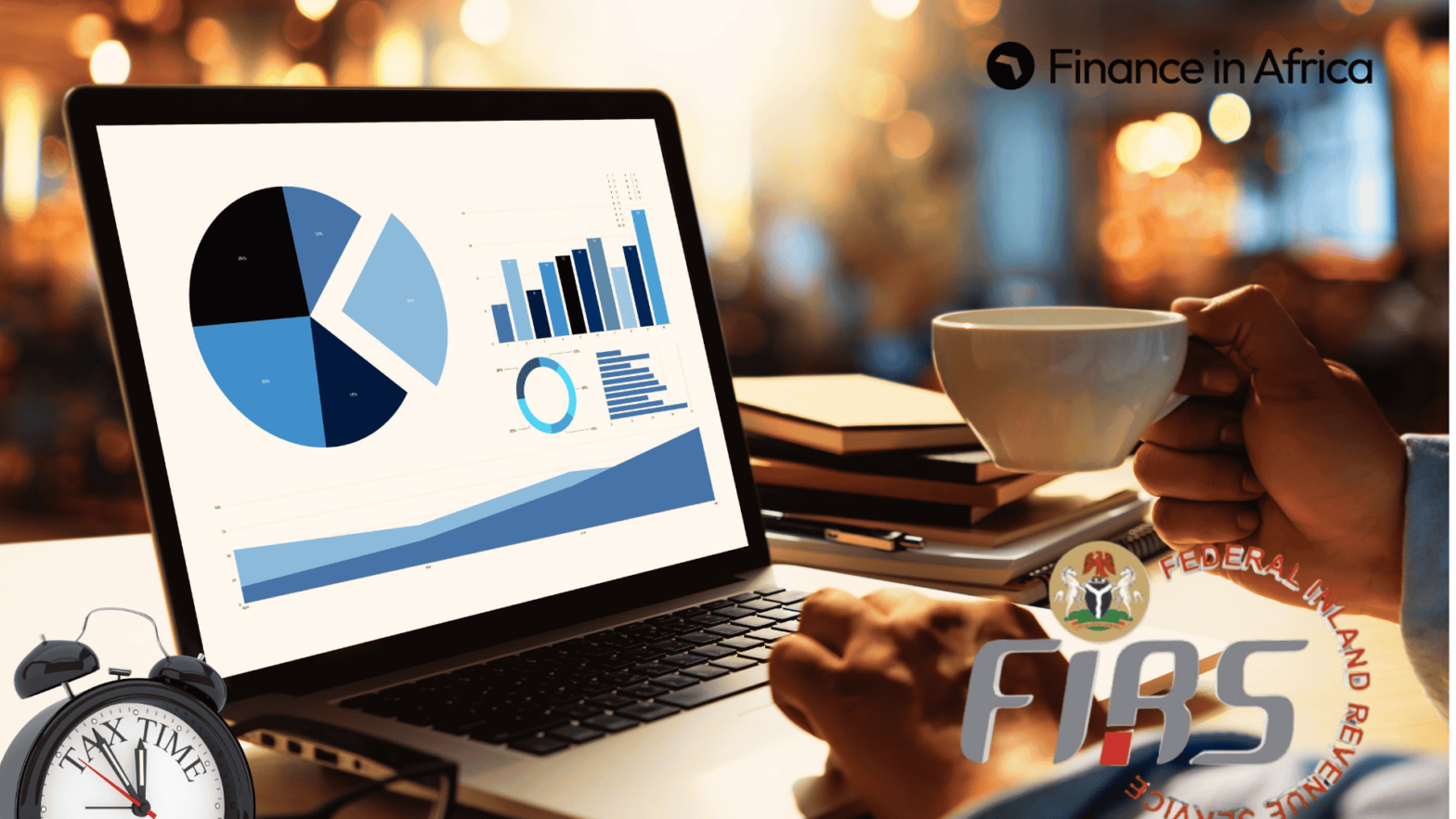
How Nigeria’s new revenue collection system, TMRAS, will impact businesses, government revenue, and tax compliance.
